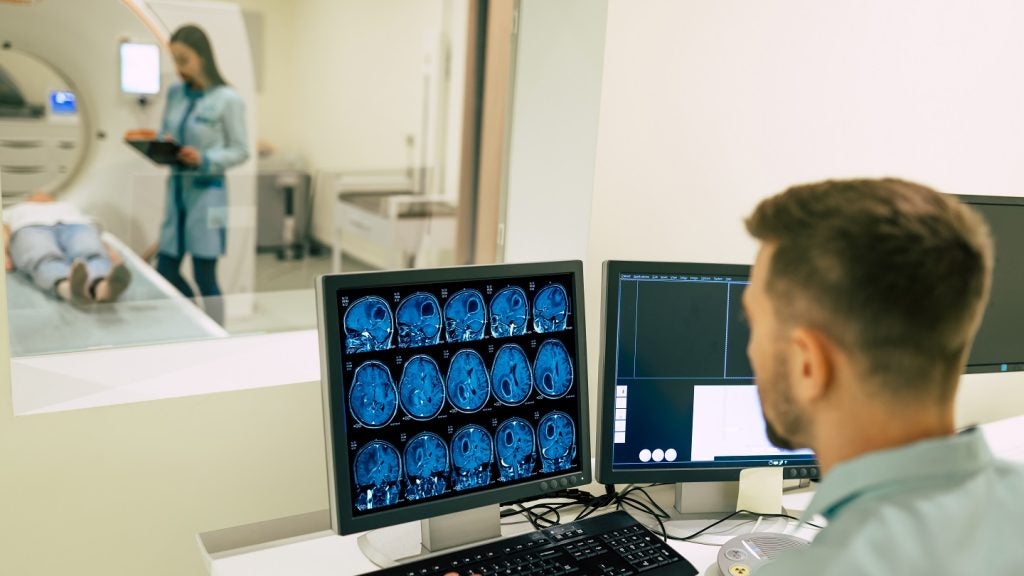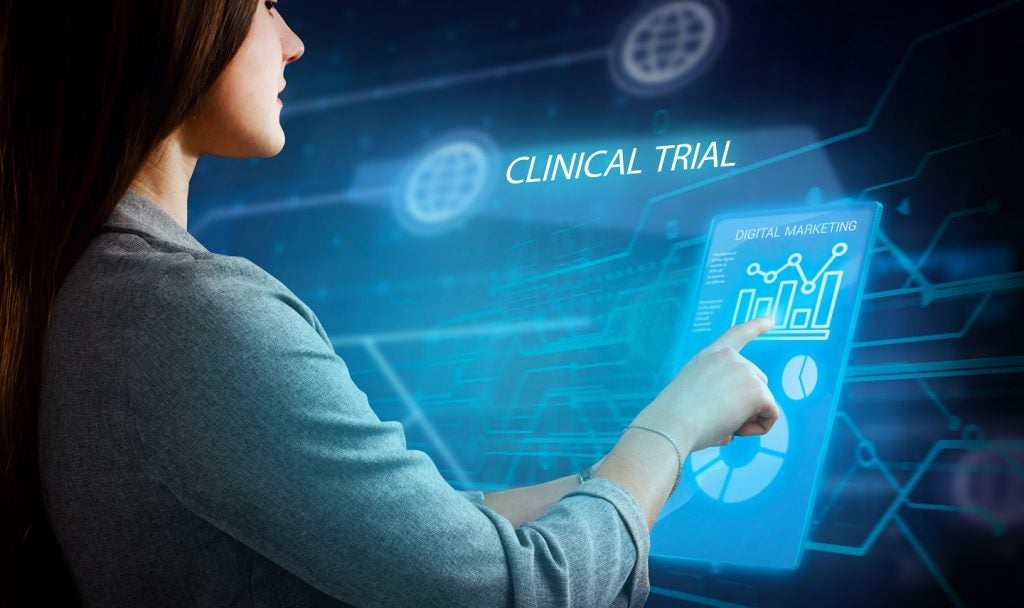The Global Coalition for Adaptive Research (GCAR) and Polaris Pharmaceuticals have initiated the Phase II/III Glioblastoma Adaptive Global Innovative Learning Environment (GBM AGILE) trial of ADI-PEG 20 to treat patients with newly diagnosed and recurrent glioblastoma (GBM), a deadly brain cancer.
Initially opened in July 2019, the patient-centered, adaptive platform trial for registration evaluated multiple therapies or combinations of therapies from different pharmaceutical partners simultaneously.
It has screened more than 1,500 patients to date.
Now, Polaris’ investigational therapy ADI-PEG 20 is entering the GBM AGILE trial and will be assessed at clinical trial sites in Canada, Europe, Australia and the US.
The trial intends to enrol patients with recurrent GBM, newly diagnosed unmethylated MGMT and methylated MGMT.
University of Miami Sylvester Comprehensive Cancer Center Neuro-Oncology chief Dr Macarena de la Fuente and Yale School of Medicine Clinical Neurology assistant Professor Dr Nicholas Blondin will serve as arm principal investigators for the ADI-PEG 20 group.
Polaris Group chairman and CEO Howard Chen said: “We are excited to initiate the evaluation of ADI-PEG 20 in GBM AGILE, a cutting-edge adaptive trial designed to rapidly identify whether drugs such as ADI-PEG 20 can bring benefit to patients with glioblastoma.
“We have seen encouraging data with ADI-PEG 20 in previous clinical studies and look forward to rapidly advancing the development of ADI-PEG 20 for the treatment of glioblastoma, a devastating and deadly disease with a critical and unmet need for more effective treatments.”
The data obtained from GBM AGILE can be further used for submitting a new drug application, biologics licence application and registrations to the Food and Drug Administration and other health authorities.
















